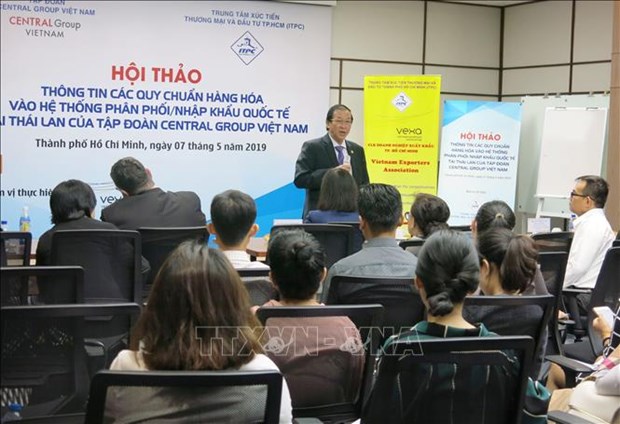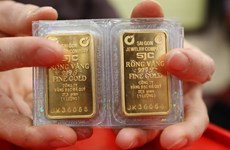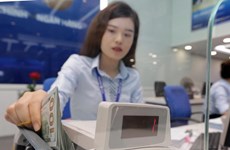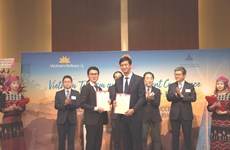Firms need solid strategies to boost exports to Thailand
Thailand is one of the markets with most potential for Vietnam within the Association of Southeast Asian Nations (ASEAN), yet businesses need to adopt appropriate strategies to boost exports to the market, experts said at a conference in Ho Chi Minh City on May 7.
 At the conference (Photo: VNA)
At the conference (Photo: VNA)HCM City (VNA) – Thailand is one of the markets with most potential for Vietnam within the Association of Southeast Asian Nations (ASEAN), yet businesses need to adopt appropriate strategies to boost exports to the market, experts said at a conference in Ho Chi Minh City on May 7.
Nguyen Tuan, Deputy Director for the Investment & Trade Promotion Centre of HCM City (ITPC), said that as members of ASEAN, Vietnam and Thailand have many favourable conditions to enhance economic partnership and trade exchanges.
Thai goods are widely present in Vietnam and favoured by many customers. However, not many made-in-Vietnam goods are able to penetrate into the distribution and retail systems in Thailand, he noted.
Nich Reitmeier, Executive Vice President Foothalls, International Food & Alcohol Buying at Central Group Thailand, said that his firm is one of the largest purchasing, distribution, and retail systems in Thailand. It is also operating effectively in Vietnam with the Big C supermarket chain.
In Vietnam, Central Group has about 40,000 suppliers, with over 90 percent being Vietnamese goods. Despite this, in Thailand, only 50 made-in-Vietnam goods items are sold in Central Group’s supermarkets, mainly consisting of coffee and dried fruit.
According to Reitmeier, Vietnamese products, especially farm produce, have good quality and taste, but have not yet been developed in Thailand as businesses lack focus on building brands and providing sufficient information of products for Thai consumers.
The design of products has not met the demand and preference of Thai people, he added.
Nguyen Thi Hong, Vice President in charge of social responsibility and sustainable development of Central Group Vietnam, said the company wants to seek Vietnamese firms that can supply many Vietnamese goods for its base in Thailand to bring the products to the global distribution system of Central Group.
This aims to support Vietnamese small- and medium-sized enterprises to boost exports to Thailand and access to other markets, she said.
She reminded that Thailand is a choosy market, but requiring high-quality standards.
It takes 3-6 months for Thai agencies to consider granting import certification for normal products, and up to 2 years for special areas such as baby food, she noted. –VNA













